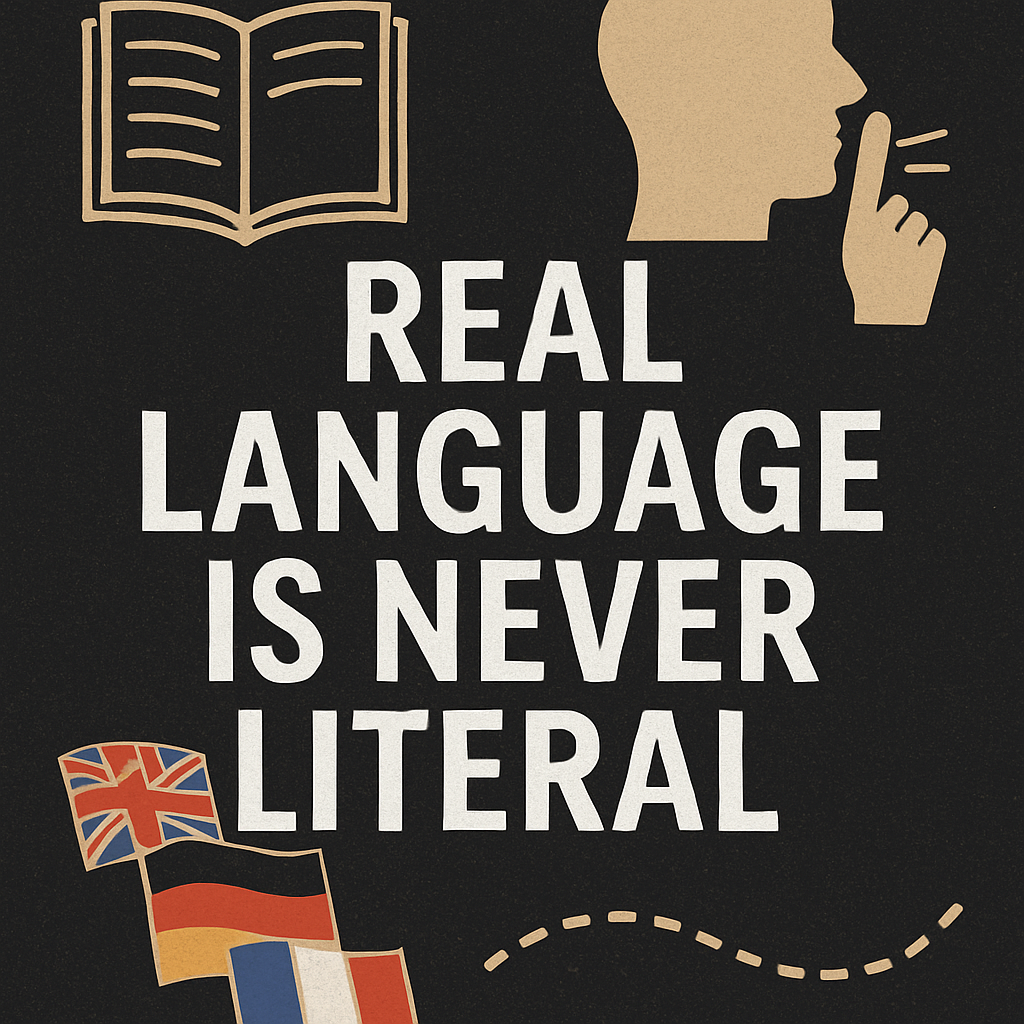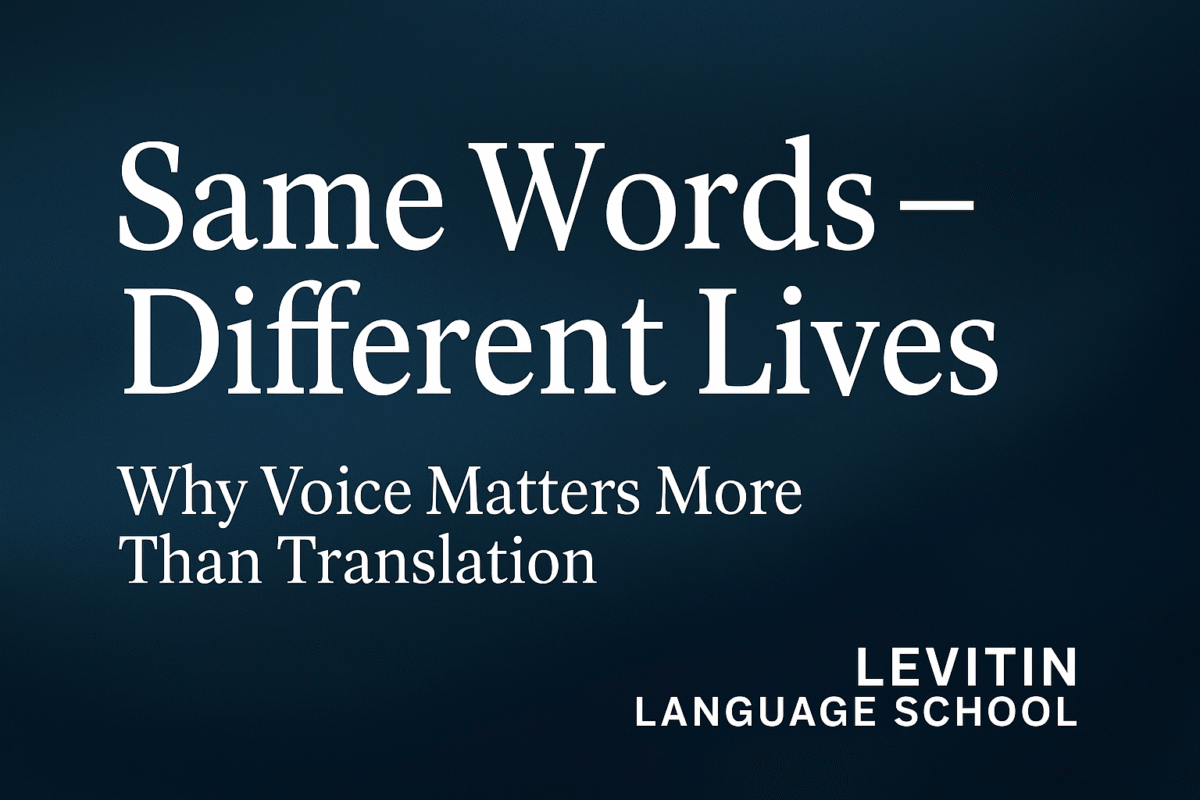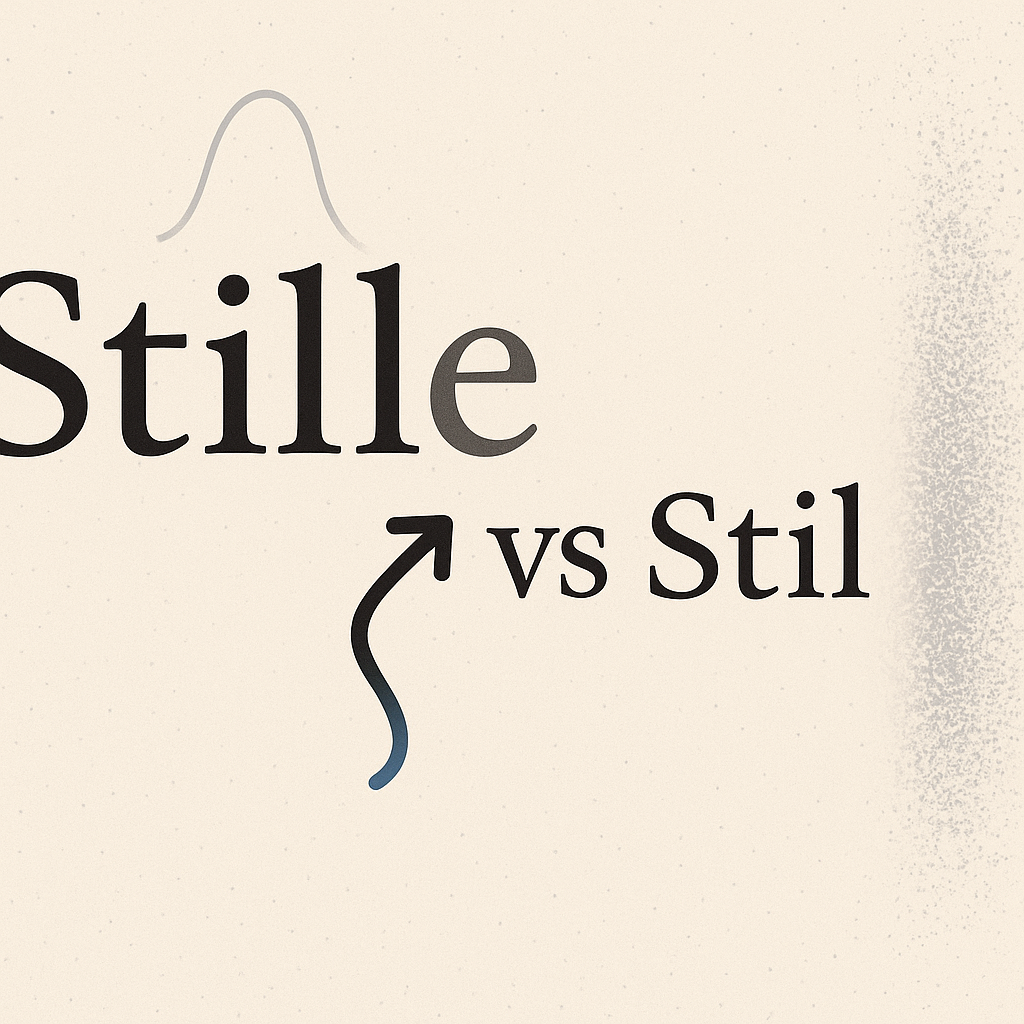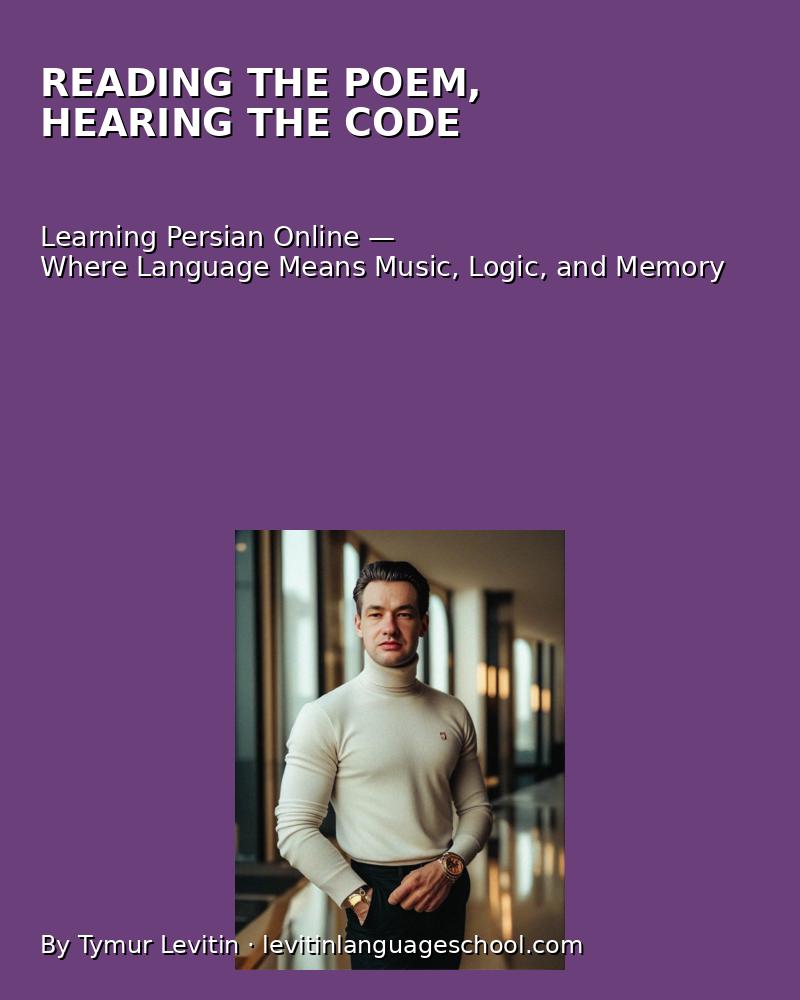Why Voice Matters More Than Translation
«Здесь лапы у елей дрожат на весу…»
The words are the same. But if you listen — it’s not the same song.
When It’s Not the Voice Singing, But the Soul
This song by Vladimir Vysotsky has been performed by many others —
for example, the Russian band Chizh & Co.
The lyrics haven’t changed. The melody is almost the same.
But the meaning is gone.
У "The voice is different"У нас тут є age is different"У нас тут є energy is different.
Vysotsky
– Hoarse, heavy, almost breaking
– Each line feels like a final breath
– He doesn’t “perform” — he speaks from within
Although Vysotsky never fought in a war, his voice sounds as if he’s speaking on behalf of those who didn’t return.
It’s not acting. It’s survival inside the song.
Chizh & Co
– Smooth delivery
– Lyrical and clean
– Youthful, musical tone
Everything is beautiful. But the emotional message is different.
This is no longer a confession — it’s just a song.
Six Lines — Six Completely Different Stories
Here are six lines from the same song. Each of them sounds completely different depending on the voice, age, and life behind it.
«Здесь лапы у елей дрожат на весу…»
“The fir branches tremble, hanging in the air…”
Vysotsky — fear and emptiness
Chizh — lyrical landscape
«Твой мир колдунами на тысячу лет укрыт от меня и от света…»
“Your world is hidden from me and the light — cursed for a thousand years…”
Vysotsky — pain and isolation
Others — fantasy imagery
«Соглашайся хотя бы на рай в шалаше, если терем с дворцом кто-то занял…»
“Settle for a paradise in a shack — if someone else took the palace.”
Vysotsky — dignity in poverty
Others — romantic cliché
«Украду — если кража тебе по душе…»
“I’ll steal — if stealing is to your taste…”
Vysotsky — desperation
Others — playful flirtation
«Зря ли я столько сил разбазарил…»
“Did I waste all that strength for nothing…”
Vysotsky — self-destruction
Others — nothing lands at all
«И думаешь ты, что прекраснее нет, чем лес заколдованный этот…»
“And you believe nothing’s more beautiful than this enchanted forest…”
Vysotsky — bitterness
Others — poetic fantasy
These Emotions Exist in Every Language — But Sound Completely Different
Англійська
“Everyone I know goes away in the end” — Johnny Cash (Hurt)
→ Same despair — different structure, older voice, slower death.
Німецька
“Ich kann nicht mehr sehen…” — Herbert Grönemeyer (Der Weg)
→ Isolation, emptiness, and grief inside control.
Українська
“Я не хочу бути героєм твоїх ілюзій…” — Kozak System & S. Koltsova
→ No scream. Just silence. But the same pain — being unheard even when you’re honest.
What Does This Have to Do With Language Learning?
You can learn every word.
You can master every tense.
You can pronounce like a native.
But you still might say nothing.
True language begins where the meaning passes through breath, silence, and age.
When you speak — not to impress, but to be heard.
What We Teach at Our School
За адресою Мовна школа Левітіна, we don’t teach templates.
We teach students to hear themselves.
To speak not like a machine — but like a person with something real to say.
Language isn’t words.
It’s voice.
And the voice is you.
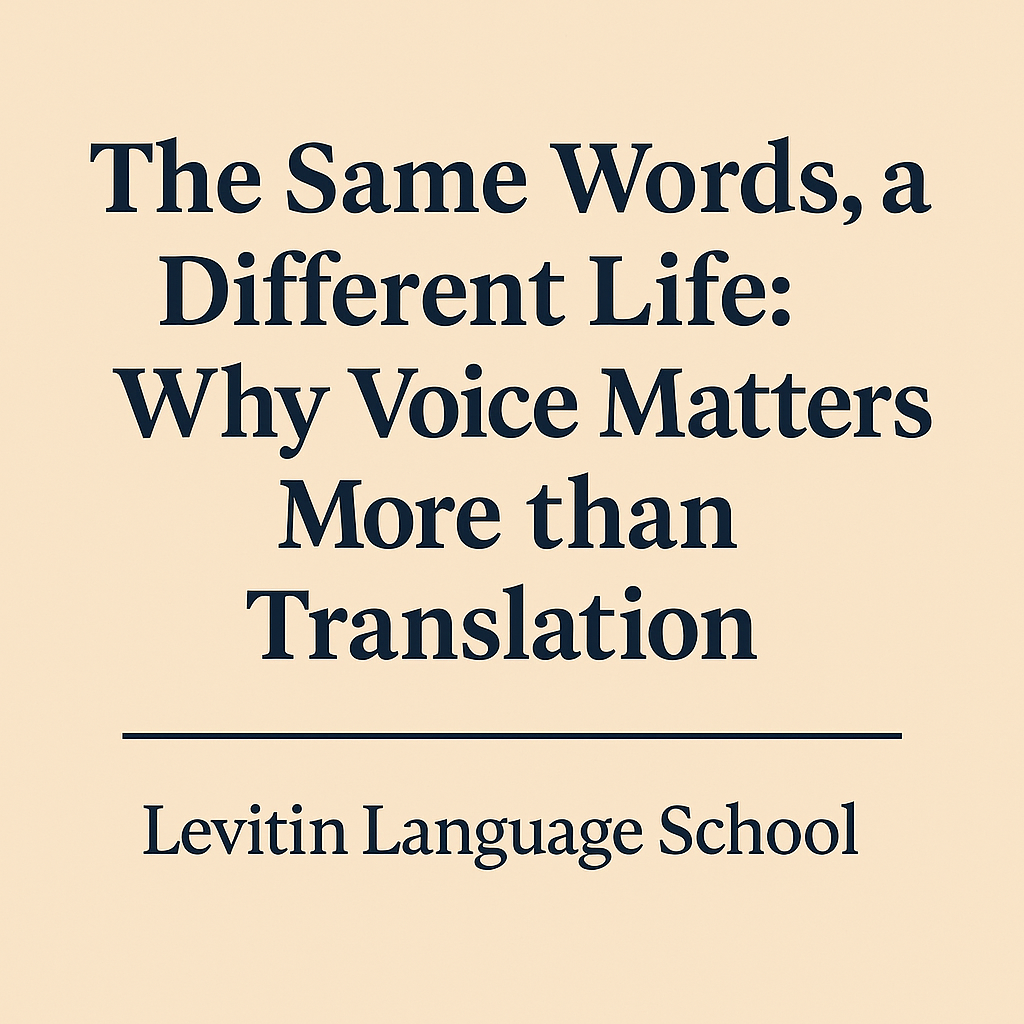
Read this article in other languages:
Russian version — “Одни и те же слова — разные жизни”
Ukrainian version — “Ті самі слова — інше життя”
Explore More:
- Real Language Is Never Literal
- 6 Songs That Speak Without Saying It
- Розуміння реалій у перекладі
Author’s Column by Tymur Levitin — founder, director, and lead educator of Levitin Language School (Start Language School by Tymur Levitin)
© Тимур Левітін

















